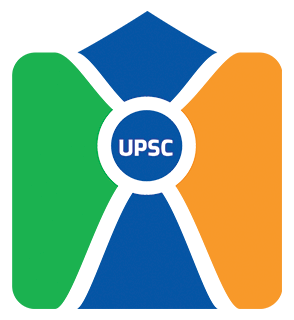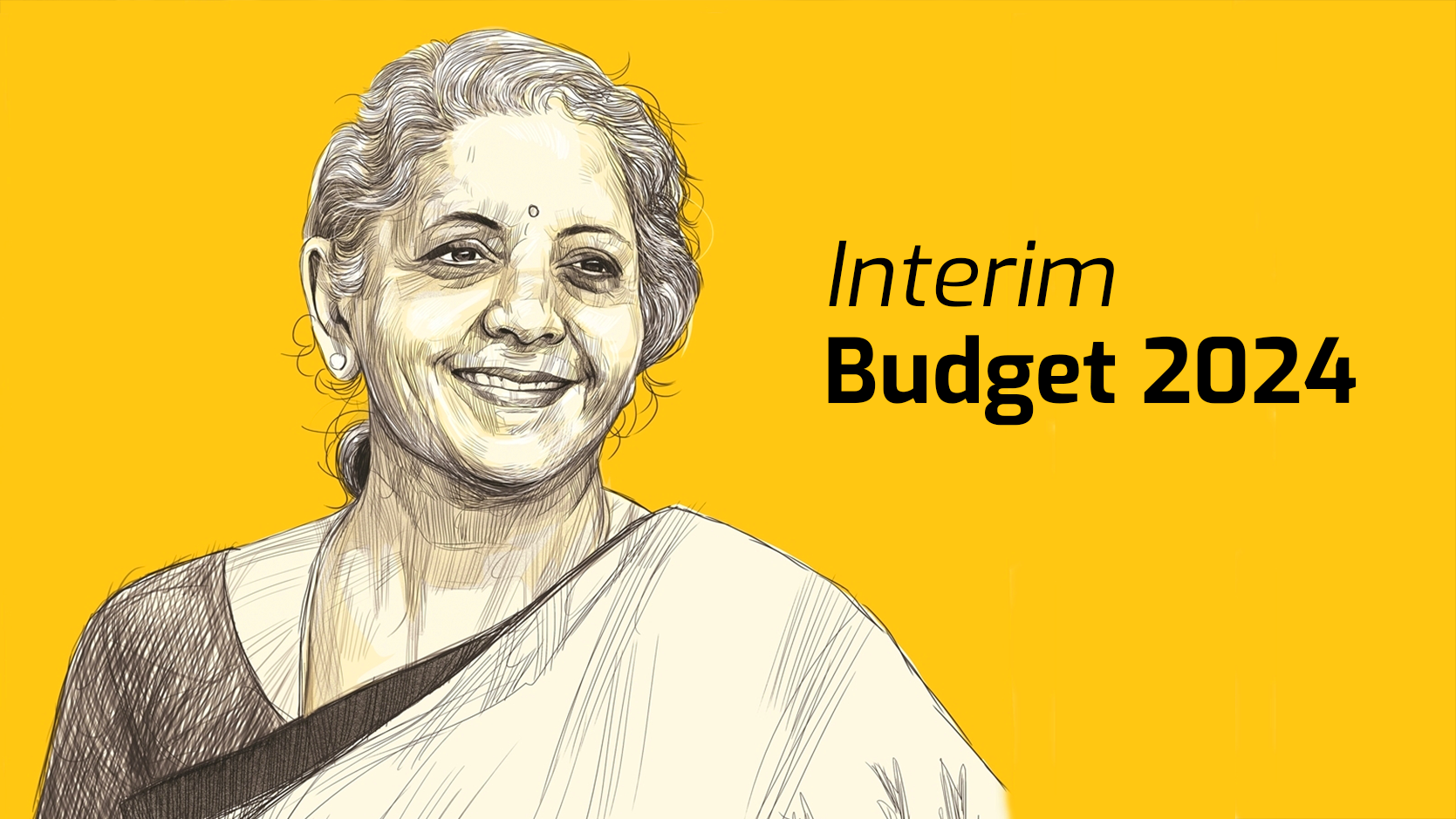UPSC Dogri Literature Syllabus: Dogri is an Indo-Aryan language mainly spoken in the Jammu region of Jammu and Kashmir, and it is also spoken in some parts of Himachal Pradesh and Punjab.
For the UPSC Mains exam, the Dogri Literature Optional subject is divided into two sections. Each section tests the candidate’s proficiency, retention, and understanding of the language. The exam is conducted in the Devanagari script.
The exam is written in the Devanagari script, so you need to be able to read and write in Dogri. The syllabus tests both your knowledge and your ability to think about and appreciate Dogri literature.
UPSC Dogri Literature Syllabus
Dogri literature, deeply rooted in the cultures of Jammu and Kashmir, Himachal Pradesh, and Punjab, reflects the rich heritage and linguistic diversity of the Dogri language. Over the centuries, Dogri has evolved through various stages, shaping its distinctive features and linguistic boundaries.
The Dogri Literature Optional for the UPSC Mains exam is divided into two papers:
The Dogri Literature Optional Paper I for the UPSC Mains exam focuses on the development of the Dogri language, its phonetic structure, word formation, sentence construction, and the use of various scripts. It also covers Dogri folk tales and significant works by literary figures, providing a comprehensive understanding of Dogri culture and its literary heritage. Below is the detailed syllabus:
Paper I: History of Dogri Language and History of Dogri Literature
Section A: History of Dogri Language
Dogri Language: Origin and Development
- Origin and development through different stages.
- Linguistic boundaries of Dogri and its dialects.
- Characteristic features of Dogri language.
Structure of Dogri Language
- Sound Structure:
- Segmental: Vowels and consonants.
- Non-segmental: Length, stress, nasalization, tone, and juncture.
- Morphology of Dogri:
- Inflection Categories: Gender, number, case, person, tense, and voice.
- Word Formation: Use of prefixes, infixes, and suffixes.
- Vocabulary: Tatsam, tadbhav, foreign, and regional.
- Sentence Structure:
- Major sentence types and their constituents.
- Agreement and concord in Dogri syntax.
- Dogri Language and Scripts:
- Dogre/Dogra Akkhar
- Devanagari
- Persian
Section B: History of Dogri Literature
- Pre-independence Dogri Literature
- A brief account of poetry and prose.
- Modern Dogri Literature
- Poetry:
- Development and main trends in modern Dogri poetry.
- Short Story:
- Development, main trends, and prominent short story writers.
- Novel:
- Development, main trends, and contributions of Dogri novelists.
- Drama:
- Development and contributions of prominent playwrights.
- Prose:
- Development of essays, memoirs, and travelogues.
- Dogri Folk Literature
- An introduction to folk literature, including folk songs, folk tales, and ballads.
Dogri Literature Optional Syllabus for Paper II
Dogri Literature Paper II focuses on poetry and prose, spanning from pre-independence to modern times. The paper covers contributions by key literary figures who have significantly enriched Dogri literature. Here is the complete syllabus:
Paper II: Prose, Drama, and Other Writings
Section A: Poetry
Pre-independence Dogri Poetry
- The following poets:
- Devi Ditta
- Lakkhu
- Ganga Ram
- Ramdhan
- Hardutt
- Pahari Gandhi Baba Kanshi Ram
- Permanand Almast
Modern Dogri Poetry (Post-independence)
- The following poets:
- Kishan Smailpuri
- Tara Smailpuri
- Mohan Lal Sapolia
- Yash Sharma
- K.S. Madhukar
- Padma Sachdev
- Jitendra Udhampuri
- Charan Singh
- Prakash Premi
- Ghazal Poetry
- Sheeraza Dogri Number 102 (Ghazal Ank)
- The following poets:
- Ram Lal Sharma
- Ved Pal Deep
- N.D. Jamwal
- Shiv Ram Deep
- Ashwini Magotra
- Virendra Kesar
Sheeraza Dogri Number 147 (Ghazal Ank)
- The following poets:
- R.N. Shastri
- Jitendra Udhampuri
- Champa Sharma
- Darshan Darshi
- Epic and Khand Kavya
- Ramayan (Epic) by Shambhu Nath Sharma (up to Ayodhya Kand)
- Veer Gulab (Khand Kavya) by Dinoo Bhai Pant
Section B: Prose
Short Stories
- Ajakani Dogri Kahani
- The following short story writers:
- Madan Mohan Sharma
- Narendra Khajuri
- B.P. Sathe
- Ajakani Dogri Kahani Part-II
The following short story writers:
- Ved Rahi
- Narsingh Dev Jamwal
- Om Goswami
- Chhatrapal
- Lalit Magotra
- Chaman Arora
- Ratan Kesar
- Khatha Kunj Bhag II
The following story writers:
- Om Vidyarthi
- Champa Sharma
- Krishan Sharma
- Meel Patthar (Collection of Short Stories) by Bandhu Sharma
- Novels
- Kaiddi by Desh Bandhu Dogra Nutan
- Nanga Rukkh by O.P. Sharma Sarathi
- Drama
- Nayaan by Mohan Singh
- Satrang (A Collection of One-Act Plays)
- The following playwrights:
- Vishwa Nath Khajuria
- Ram Nath Shastri
- Jitendra Sharma
- Lalit Magotra
- Madan Mohan Sharma
- Essays
- Dogri Lalit Nibandh
The following authors:
- Vishwa Nath Khajuria
- Narayan Mishra
- Balkrishan Shastri
- Shiv Nath
- Shyam Lal Sharma
- Lakshmi Narayan
- D.C. Prashant
- Ved Ghai
- Kunwar Viyogi
Advantages and Disadvantages of UPSC Dogri Literature Optional
| Advantages | Disadvantages |
| Less Competition: Fewer candidates opting for Dogri, potentially increasing your chances of scoring higher. | Limited Resources: Difficulty in finding study materials and coaching specifically for Dogri Literature. |
| Interest-driven Preparation: Passion for Dogri literature can make studying enjoyable and engaging. | Less Overlap with General Studies: Content may not directly overlap with General Studies papers, requiring extra time for both. |
| Focus on Writing Skills: Emphasis on analytical writing can benefit essay and General Studies papers. | Subjectivity in Marking: Literature involves interpretation, which can be subjective and may affect scores. |
| Defined Syllabus: A stable, well-defined syllabus allows for focused preparation. | Language Fluency: Requires strong foundation in Dogri; non-native speakers might need extra effort to achieve fluency. |
| Unique Perspective: Provides a unique cultural insight, enriching answers in other parts of the exam. | Limited Availability of Coaching: Fewer coaching institutes specialize in Dogri Literature, limiting access to structured guidance. |
How to Prepare for the Dogri Literature Optional Subject?
Getting a good score in the UPSC exam for Dogri literature requires careful planning and a step-by-step approach. Here are the steps to effectively prepare for the Dogri Literature optional subject:
1. Know What to Study
- Syllabus Understanding: Begin by thoroughly understanding the UPSC syllabus for Dogri Literature. This will guide you on the topics and texts you need to cover.
2. Plan Your Study Time
- Study Schedule: Create a study schedule that allocates specific times for different topics and texts. This helps you stay organized and ensures comprehensive coverage without last-minute cramming.
3. Take Good Notes
- Note-taking: While studying, jot down important details, quotes, and lines from poems or books. These notes will be invaluable for quick revisions and strengthening your answers.
4. Answer Writing Practice
- Regular Practice: Regularly practice writing answers in Dogri. This will help you improve your speed and accuracy. Incorporate knowledge from other subjects, such as General Studies, when relevant to enrich your answers.
5. Read the Original Works
- Original Texts: Read the original Dogri poems, stories, and plays. This helps you understand the writing style and develop your own expressive style in Dogri.
6. Stay on Topic
- Focused Answers: When answering questions, stay focused on the topic. Avoid unnecessary digressions and ensure your answer addresses the question directly.
7. Explore Different Literatures
- Comparative Analysis: Compare Dogri literature with works from other languages, such as English, Greek, or Indian languages like Telugu or Tamil. This can provide unique insights and make your answers more interesting.
8. Think Deeply
- Critical Analysis: Engage in deep analysis of Dogri literature. Think critically about the themes, characters, and contexts to provide insightful answers that impress the examiner.
9. Learn from the Previous Year Questions
- Past Papers: Study previous years’ UPSC Dogri Literature question papers. Solving these will give you confidence and highlight important areas to focus on.


 UPSC Sociology Syllabus
UPSC Sociology Syllabus  UPSC Bodo Literature Optional Syllabus
UPSC Bodo Literature Optional Syllabus 


